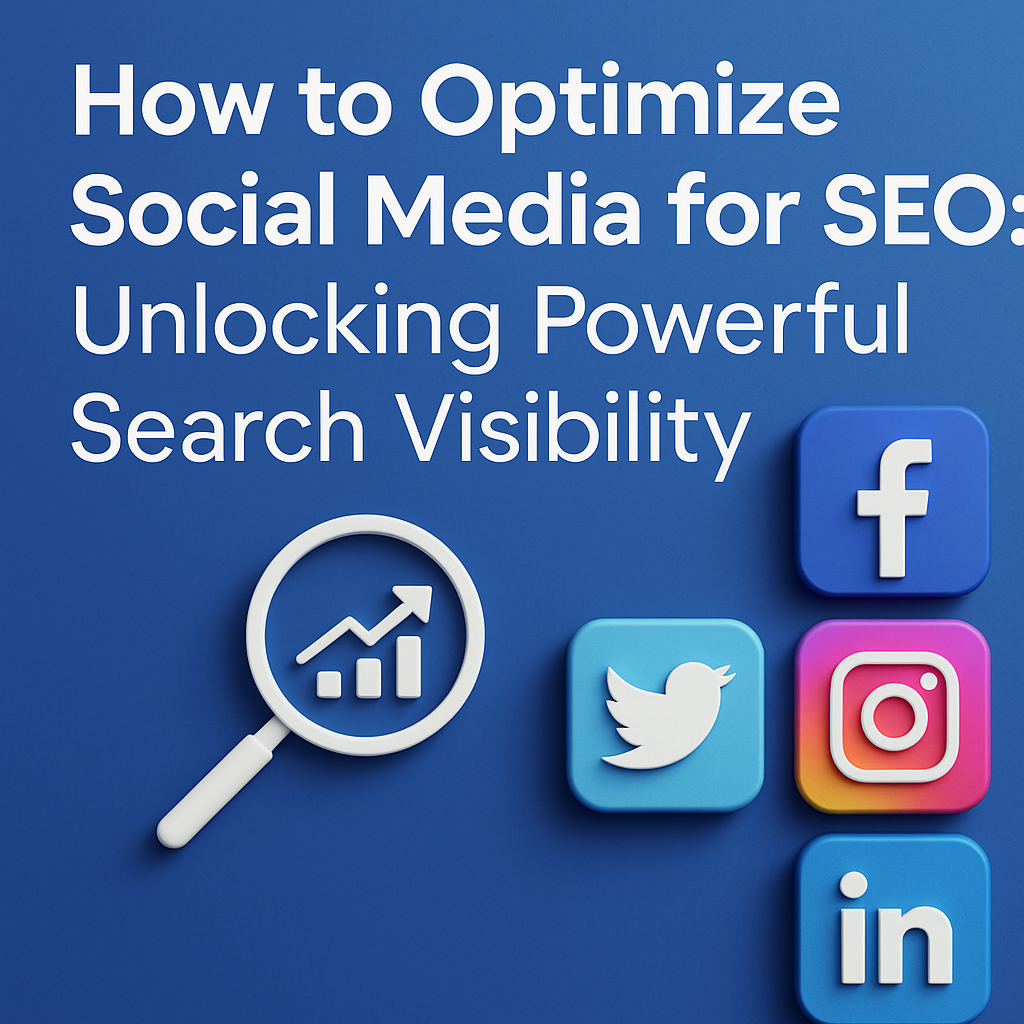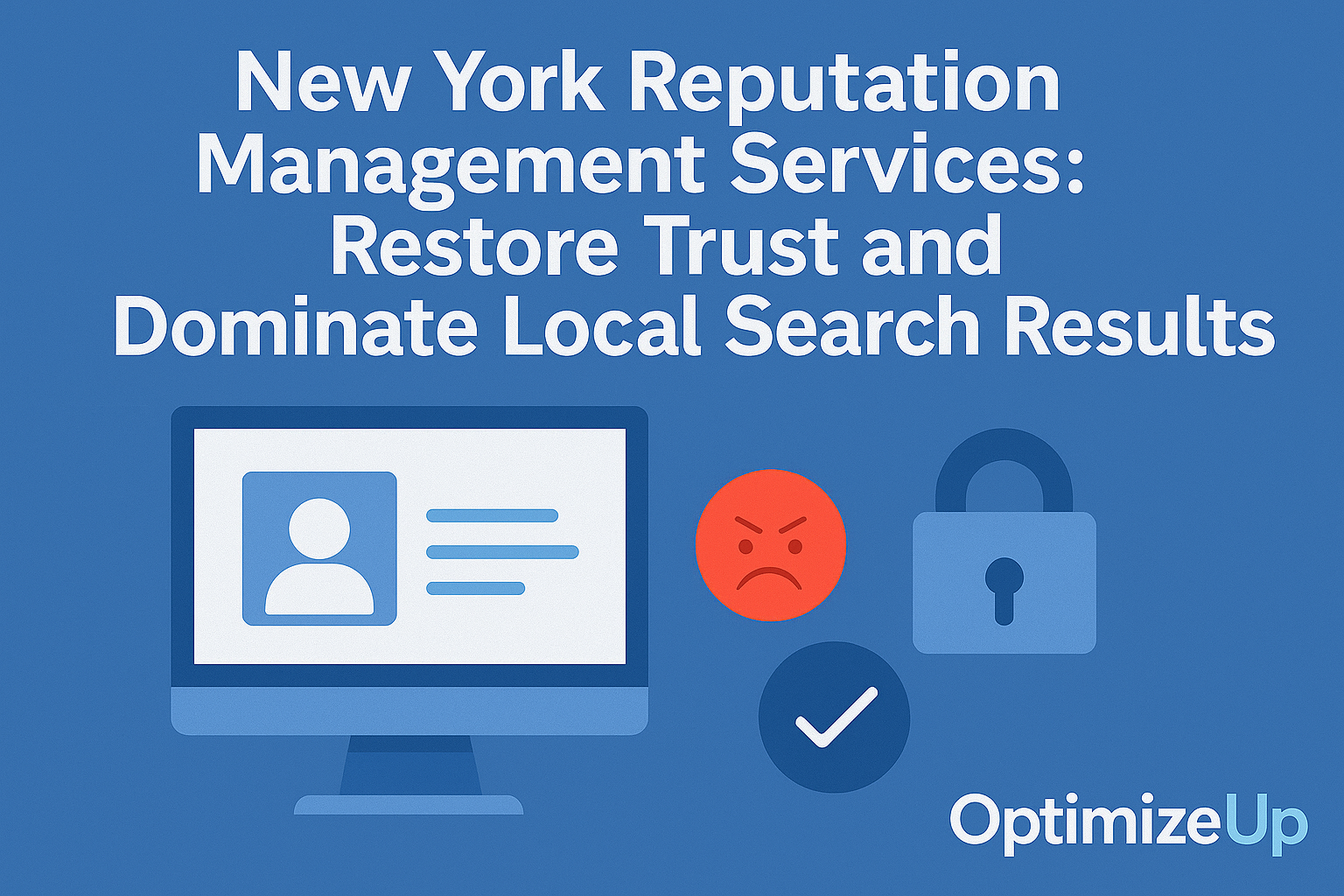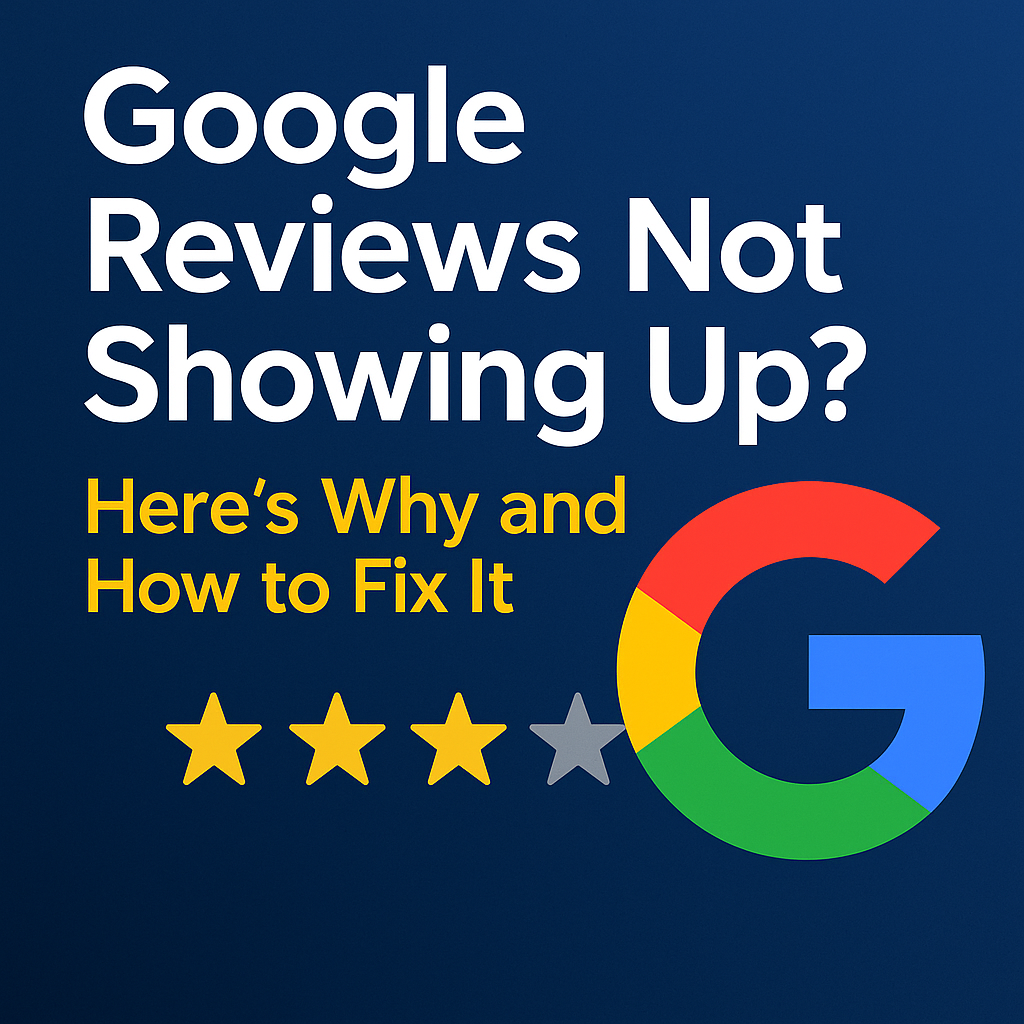Why Social Media and SEO Work Better Together
Search engine optimization and social media marketing are often treated separately—but when aligned, they amplify each other’s impact. Social media boosts visibility, generates links and traffic, and creates shareable content that supports search rankings.
Key benefits of optimizing social media for SEO:
- Increased brand mentions and search interest
- Higher ranking of social profiles in SERPs
- Greater referral traffic from platforms to your website
- More content indexed by search engines
- Strengthened E-A-T signals (expertise, authoritativeness, trustworthiness)
“Social media may not directly impact SEO rankings, but it influences the factors that do.” — Moz
Core Principles of Social Media SEO Strategy
1. Optimize Social Profiles for Search
- Use real names, consistent usernames, and clear branding
- Include target keywords in bios, descriptions, and handle if possible
- Link back to your website using tracking URLs with UTM parameters
- Fill in every available field on each platform (location, website, contact, category)
2. Post SEO-Friendly Content
- Use keywords in captions, titles, hashtags, and descriptions
- Add keyword-based alt text on image and video posts (especially on Instagram, Facebook, and Twitter/X)
- Create long-form captions and link to blog content
3. Share Linkable Assets
- Promote original blog posts, whitepapers, videos, or guides
- Create evergreen content with embedded share buttons
- Encourage resharing by tagging collaborators and influencers
4. Align Content Strategy With Search Intent
Match your social content to informational, navigational, and transactional intent:
- Informational: How-tos, tips, FAQs
- Navigational: Promoting pages, service links
- Transactional: Offers, CTAs, product demos
5. Maximize Indexation and Crawlability
- Make profiles public for visibility
- Link to primary web pages in bios or CTA buttons
- Post frequently so fresh content gets crawled
- Use schema markup on your website linking back to social accounts
Platform-Specific SEO Optimization Tips
- Incorporate industry keywords into your tagline and summary
- Publish LinkedIn articles with backlinks to your website
- Build outbound links in the featured section
- Participate in SEO-relevant group discussions
Twitter/X
- Use relevant hashtags for discovery
- Pin top-performing content with links
- Create threads with internal linking between tweets
- Add SEO keywords in username and name fields
- Add keywords to username and name fields
- Write alt text manually on image posts
- Use strategic hashtags that match blog post keywords
- Include UTM links in your bio via Linktree or Beacons
- Optimize Page About section with keywords and business description
- Customize your @username to match your brand
- Use keyword-optimized titles and descriptions for Facebook videos
- Enable reviews and engage in comments to drive activity
- Treat it as a visual search engine
- Use keyword-rich descriptions on boards and pins
- Optimize file names and alt tags before uploading
- Link pins directly to blog content or product pages
YouTube
- Add keywords to video titles, descriptions, and tags
- Transcribe your videos for on-page text
- Add end screens and pinned comments with links
- Use playlists to group related content for SEO benefit
SEO-Boosting Content Tactics for Social Media
Repurpose Long-Form Content
- Turn blog posts into carousels, threads, or reels
- Extract tips and stats for infographics or quote posts
- Republish to Medium, Reddit, or Facebook Notes
Use Branded and Trending Hashtags
- Mix niche and broad hashtags
- Create campaign-specific tags for tracking and amplification
Encourage Engagement Signals
- Ask questions in captions to boost comments
- Use polls, quizzes, and “caption this” prompts
- Reply to all comments quickly to signal relevance
Build Strategic Backlinks From Social
- Link to your website from YouTube, Reddit, and Pinterest
- Pitch guest posts that cite your social handles
- Collaborate with influencers who will tag your brand
Integrate Social Media With On-Page SEO
- Embed tweets, reels, or TikToks on blog posts
- Feature your most active social platforms on About pages
- Add Open Graph and Twitter Card metadata on web pages
- Include social sharing buttons in every piece of content
Tools to Track and Improve Social SEO Impact
- Google Search Console – Track brand queries
- BuzzSumo – Monitor social engagement by content type
- SEMrush – Analyze backlinks and traffic from social domains
- Social Searcher – Keyword mentions across platforms
- BrandMentions – Sentiment and influencer tracking
How Optimized Up Helps You Optimize Social Media for SEO
At Optimized Up, we:
- Audit your profiles for keyword gaps and SEO optimization
- Create shareable content strategies tied to your website goals
- Build social-to-site backlinks with influencer collaborations
- Integrate social signals into broader SEO campaigns
- Analyze and report performance across search and social metrics
Let’s grow your visibility by aligning your social media with smart SEO practices.
Frequently Asked Questions
Not directly, but it strongly influences visibility, backlinks, and brand authority.
LinkedIn, YouTube, Twitter/X, and Pinterest have the most direct SEO value.
Use UTM parameters and Google Analytics to track source/medium. Compare bounce rate and session duration.
Yes—strategic hashtags increase reach and searchability on platforms like Instagram and Twitter.
Yes. Use carousels, testimonials, and curated posts as embedded or rewritten blog content.
Final Thoughts
Optimizing social media for SEO is about connecting what people see and share with how search engines rank and reward relevance. When you align your profiles, content, and links to search intent, you unlock long-term visibility and engagement.
Optimized Up can help you bridge the gap between search and social—strategically, creatively, and measurably.
MLA Citations:
Reed, Morgan. SEO and Social Strategy: Winning Visibility in 2024. Signal Boost Publishing, 2024. “Social Media and SEO: The Ultimate Connection.” Moz Blog, 2024, www.moz.com. “How Social Signals Influence Rankings.” Search Engine Journal, 2024, www.searchenginejournal.com. “Google’s Official Guidance on Social Media & SEO.” Google Search Central, 2024, developers.google.com.





